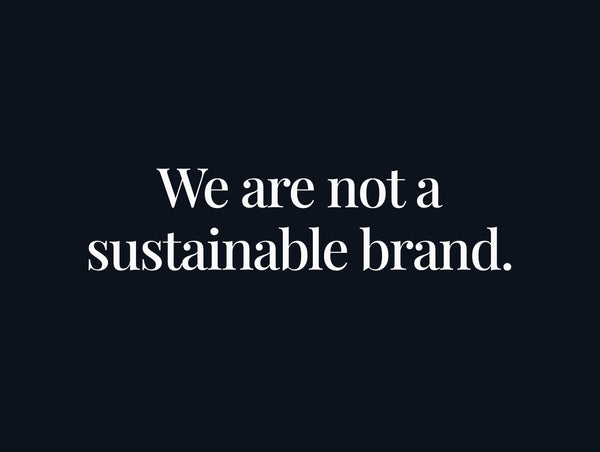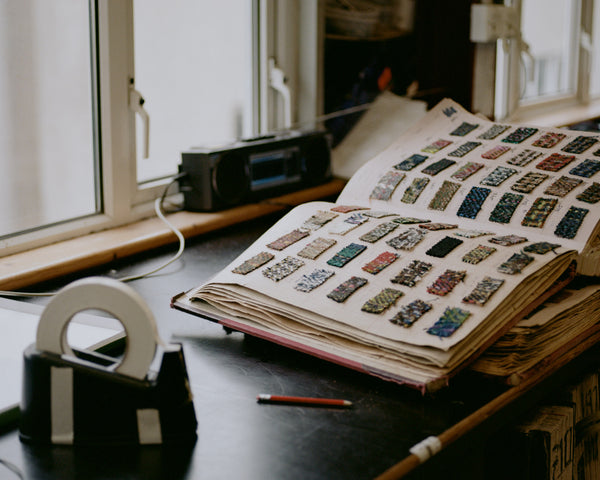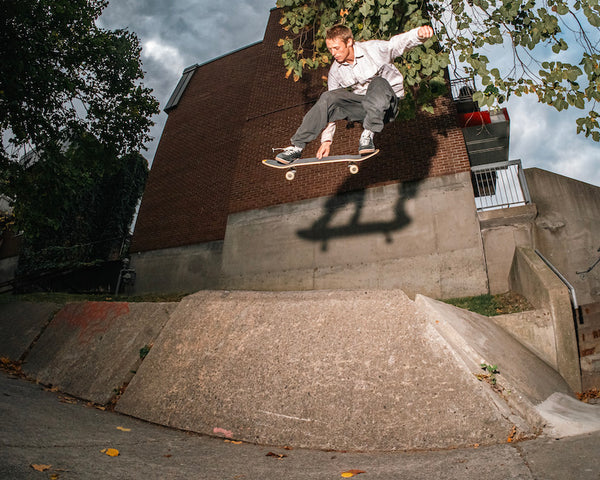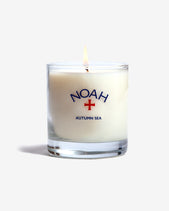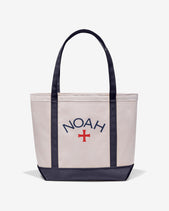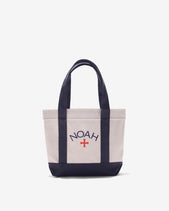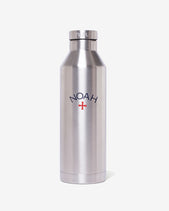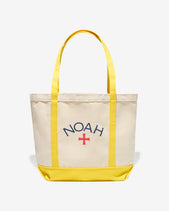
There are things that we see every day that remind us of how big of a problem single-use plastics are and then there are things that we can’t see at all, like the zooplankton who are at the very bottom of the food chain. Earlier this year we posted a video of zooplankton ingesting the micro-plastic beads found in our oceans. That aggressive visual has stuck with us. However, we don’t want to use terrible things as our motivation. We want to create a better place than we see now. It’s like a ‘leave no trace’ policy, but throughout the entirety of your life. We want to reduce the amount of waste that we produce in the best way possible. In a world that’s already pretty damaged, we want to inflict as little harm as possible.
In preparation for World Ocean’s Day on June 8th, our office will attempt to go totally plastic-free for the week using this same information that we are sharing with you. Before we set out on this experiment, we sat down with our own Corey Rubin to talk about his approach to living with a minimal environmental impact. He shared the tools and tips he uses to try and eliminate single-use plastics in your life.
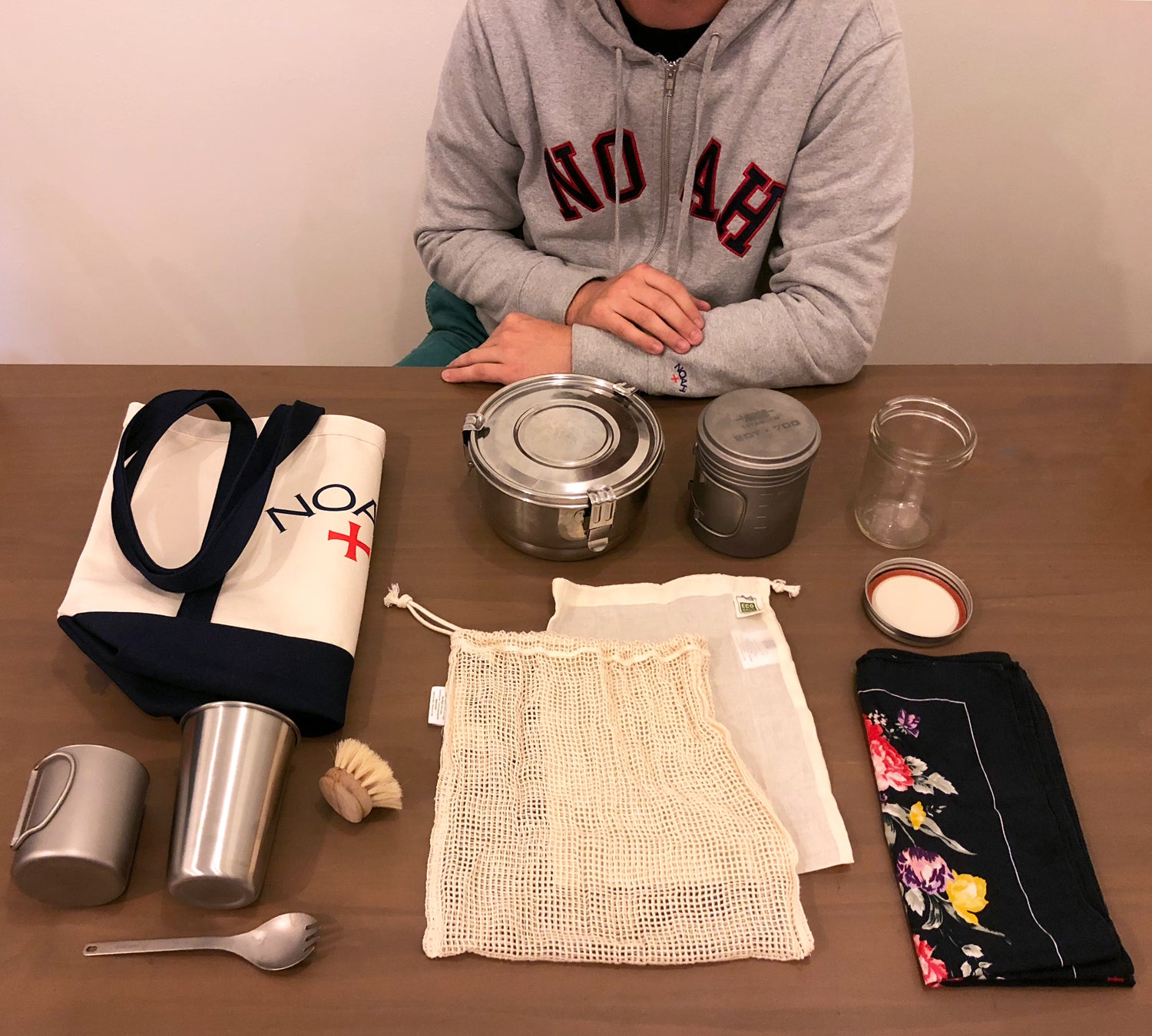
Before we get into all of this, realize that you’re going to be giving up the disposable goods we’ve learned to be as modern day conveniences. You’re giving up freedom of not having to carry extra things with you ever. You’re giving up not having to wash anything. And you won’t realize how quickly you go through plastics every day until you start taking these steps. It might be overwhelming, but you don’t have to do this all at once.
UTENSILS
I carry a titanium spork with me. A few companies make them, like Snow Peak and Vargo. They were originally made for hiking and backpacking, so they’re lightweight. I’ve found that a spork is the most helpful, but there are a few other reusable utensils too. You can get a more traditional knife and a fork, or reusable chopsticks, if those suit your needs. So now you have an alternative to plastic, make sure you always ask politely for no single use plastic utensils in your delivery or takeaway food.
VESSELS
I keep a stainless steel cup in the office. That could’ve been a glass cup, or a ceramic mug, I just chose stainless steel because it’s more durable and easy to toss in your bag and carry around if you need to. I fill mine up with tap water, filtered water we have here in the office, or other drinks. Another container I could carry around with me everywhere outside of the office is a mason jar or a stainless steel bottle. The best thing about the bottles, like the ones from Kleen Canteen or Miir, is their durability. Plastic bottles like Nalgene ones are still okay because they’re eliminating single-use plastic and they have some durability to them too. Sometimes these bottles can be harder to clean, especially if they have a small mouth opening. If you want something for juices or smoothies, wide mouth mason jars are better for that sort of thing because you can stick a sponge in there and clean it really easily. You probably already have some bottles or jars in your house, but if not, you can buy them or save them when you finish up things like nut butters or preserves. Also you can keep your leftovers or bring parts of your lunch in them.
It's also a good idea to bring your lunch in reusable tupperware. There are small metal containers from myplasticfreelife.com, which is an amazing website. There’s a bunch of great waste-free tools and a lot of information about eliminating plastic use there too. I also try to bring my container if I’m going to get some carry out food. Most places, if you bring your own tupperware or container, can put your food in it. Again, metal is more durable, but it’s more of a personal preference at that point, a standard tupperware works well too.
BAGS
The next thing is to eliminate all fucking plastic shopping bags. You should have your own bag that you bring with you. It can be a backpack, it can be a tote bag, or it can be one of those stuffable ones that this company Chico Bags makes. There are so many alternatives, we just should not be using plastic shopping bags. Period.
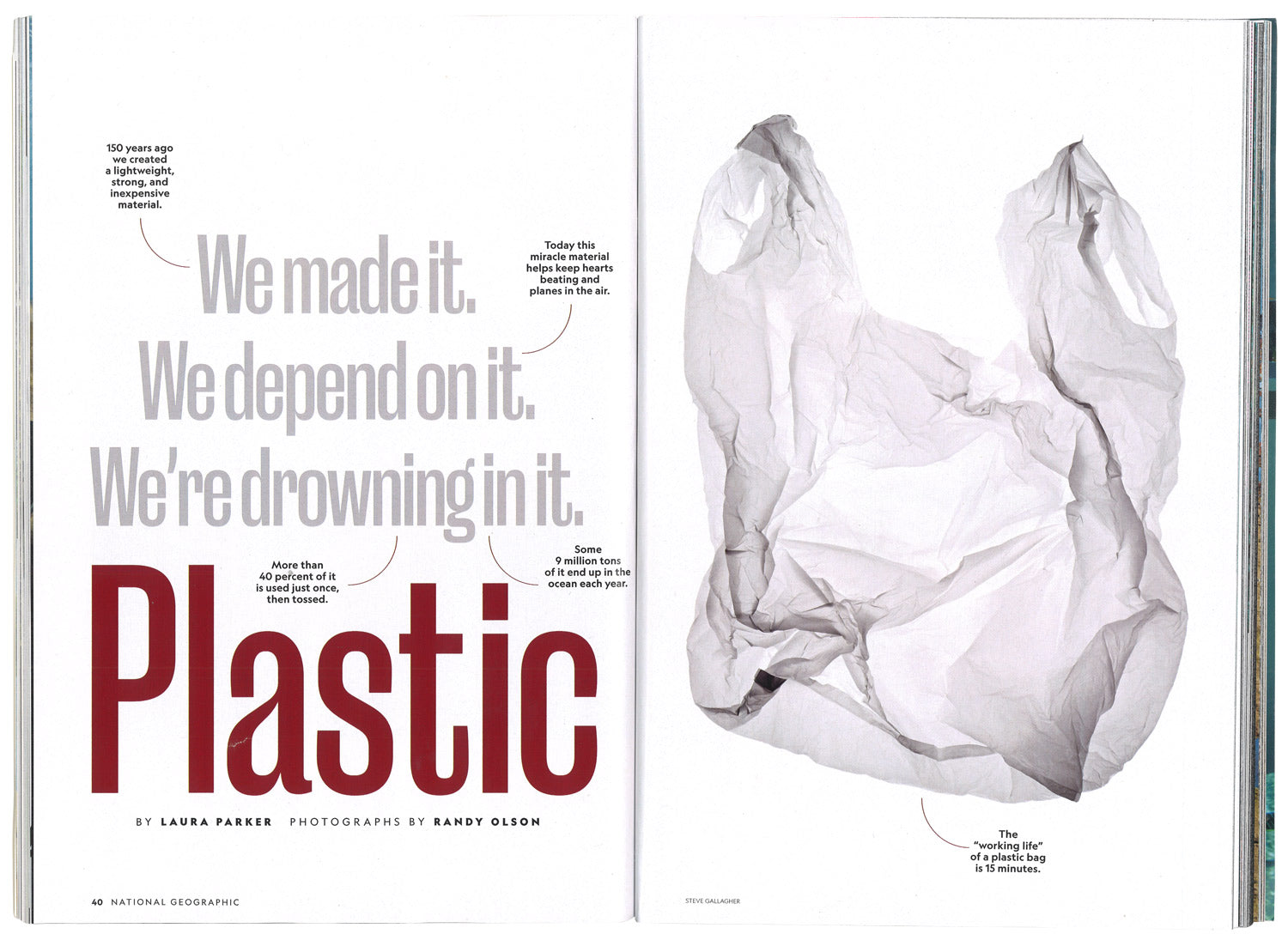
ADDITIONAL TOOLS
The other thing I like to carry with me is a bandana. From wiping my nose all the way to making some sort of makeshift bag for a sandwich, it’s a good to have. You can also use it to wipe down your utensils and dry your reusable containers when you’re done washing them. While it doesn’t cut down on plastics directly, it’s another reusable tool I carry with me. I also keep some dish soap at the office with a small brush instead of a sponge. The brush I bought (also from myplasticfreelife.com) can be composted, and it doesn't come in a plastic wrapper. You can’t really compost sponges and the ones that you can usually come in a single-use plastic wrapper. You might think dish soap is just dish soap. Make sure to get one that is environmentally friendly because everything you put down the drain eventually ends up back in the ocean.
ON PLASTIC REFUSAL
Always refuse plastic bags and plastic containers when you can. Ask to not have plastic utensils with your food, and know that it's okay to return utensils that haven't yet been used or unwrapped. You should refuse straws, unless you have a disability, if you're able to.
It’s a weird thing a lot of the time, asking these extra things of the people in the service industry. You may feel like you’re being rude, but in fact you’re helping to create a less polluted world. This might be harder for them than what they’re used to, so be sure to ask politely. Explain to them how appreciative you are of them for doing this sort of thing.

While we’re in the office this week we’re going to do our very best to be plastic-free. We’re only going to keep track of what we’re doing during office hours, but we are challenging ourselves to take this challenge home with us and to extend the challenge outwards to our friends, family, and customers.
This isn’t a meant to be a gospel or anything like that, we just want to motivate people to do the best they can with what they have. If you don’t have any of this stuff at your house, or access to it, thats okay! Start refusing single-use plastics and finding your own alternatives. We’re trying to reach the people who we think can make a difference at an individual level.
After a week, we plan to share our successes and our failures, and what we’ve learned along the way. We want to keep every bit of plastic that comes into the office to showcase how hard it can be. Finally, we want to remind ourselves that this shouldn’t end after this week.
Bird photo credit: The photographer, John Cancalosi, freed this stork from a plastic bag at a landfill in Spain. One bag can kill more than once: Carcasses decay, but plastic lasts and can choke or trap again. - National Geographic: A Toll on Wildlife





